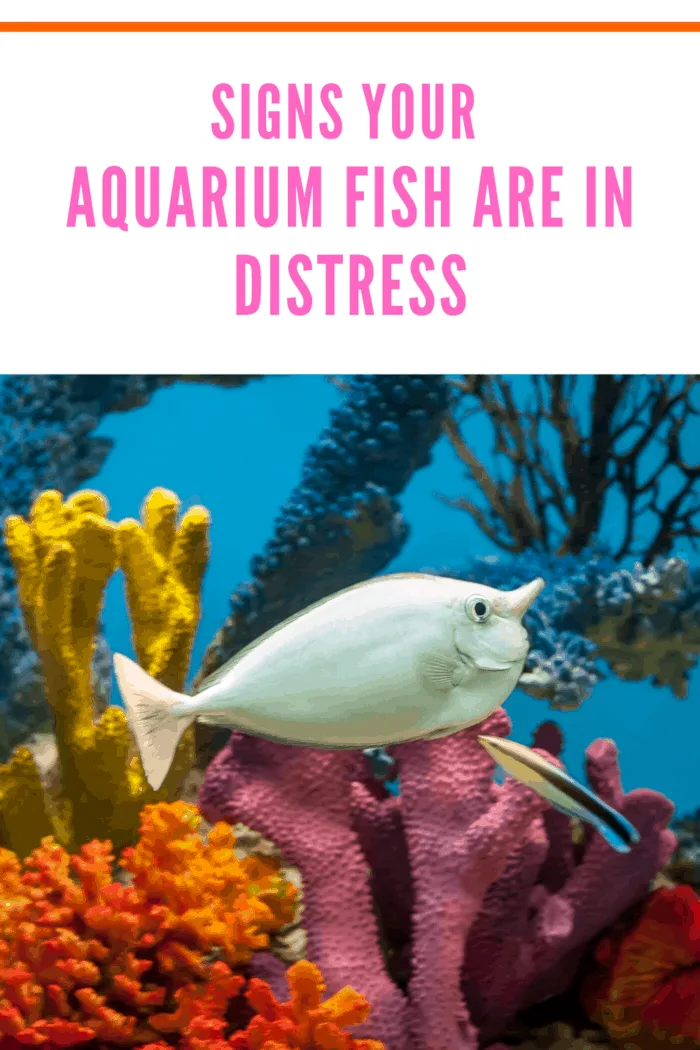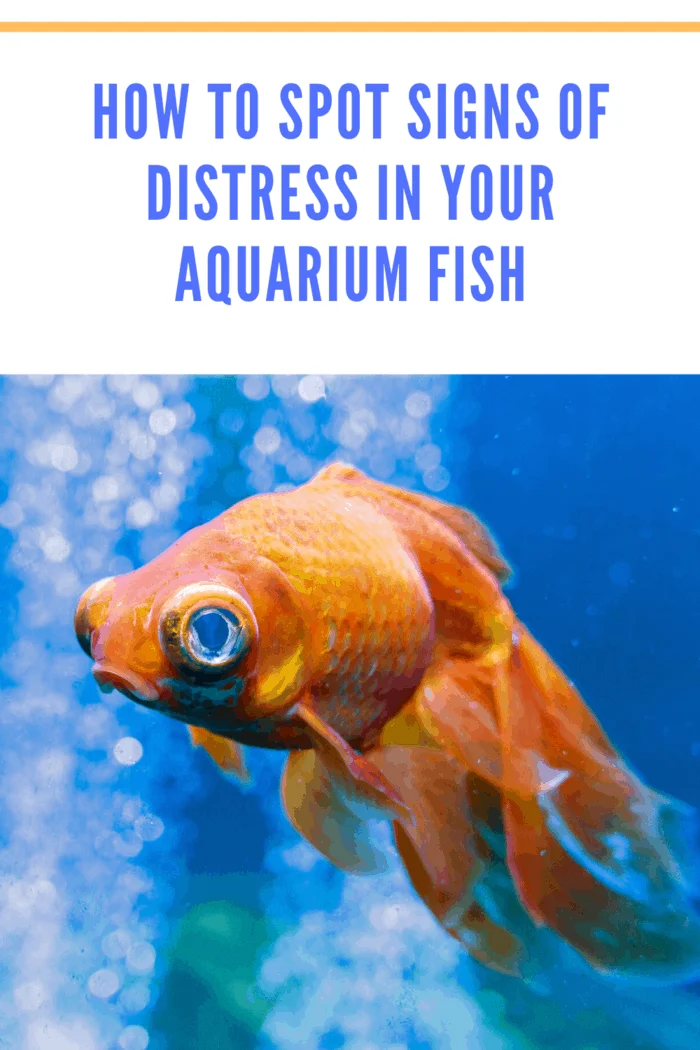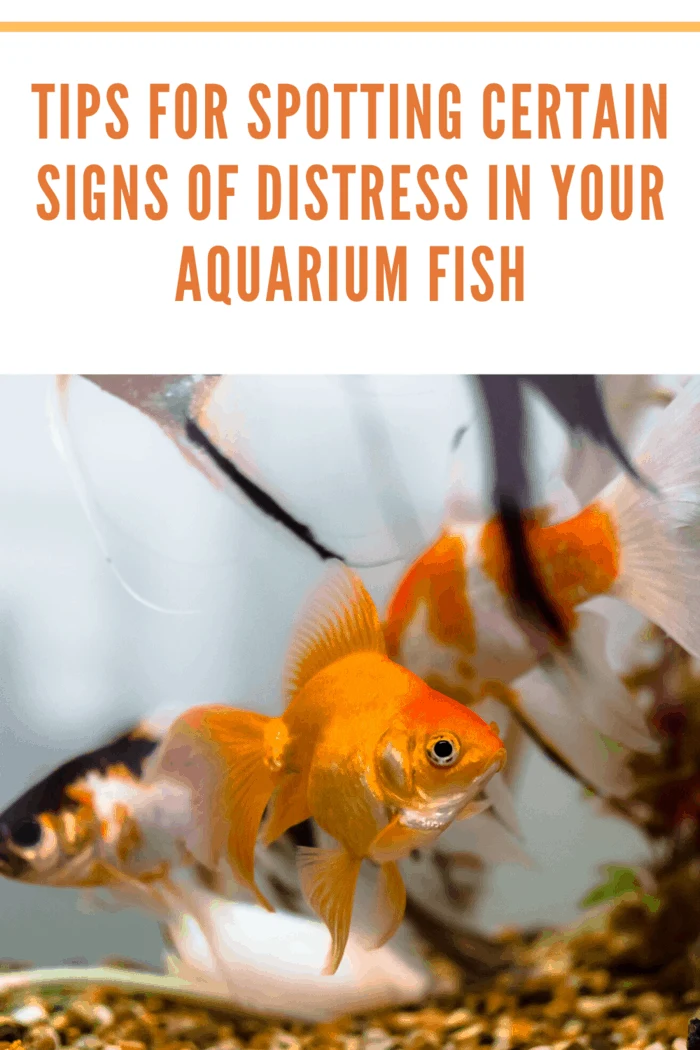To maintain the health of your aquarium fish, you must learn how to identify any signs of distress in the fish beyond cleaning the tank and using the best aquarium heater.
Once you notice distress, you can try to identify the source of their stress and address it before it becomes a significant issue.
Stress for aquarium fish is different from those of humans; however, it remains a physiological response.
Stress causes physical or mental discomfort, which triggers a physiological reaction.
When fish becomes stressed, the temporary effects can increase heart rate, respiration, and blood pressure.
Aquarium fish can only endure this heightened state for a limited time until it causes a drain on them.
Chronic stress can influence digestion, growth, and reproduction.
It might also constrain the fish’s immune response and their aptitude for fighting infection.

What Leads To Stress In Fish?
Various potential stressors cause stress in aquarium fish.
Here are some of the common ones:
Raised ammonia levels
High nitrate levels
Incorrect PH of aquarium water
Changing aquarium temperature
Incorrect salinity level
Low oxygen levels
Not enough hiding places in the aquarium
Pestering from other fish species
Not sufficient tank size
Too many inhabitants in the aquarium
Overuse of meds
Sudden fluctuations in water chemistry
Not using water treatments property
Keep in mind that aquarium fish won’t always make it clear when they are distraught.
Most animals are prone to hiding their pain since it’s a sign of weakness that could make them more vulnerable to predators.

Some Signs That May Indicate Distressed Fish:
- Swimming rapidly
- Languid behavior
- A reduction in appetite
- Change in color
- Decline in condition
- Quick gill movements
- Hiding
- Gasping at the water surface
Fluctuations In Water Chemistry
Maintaining good water quality in a tank is crucial.
When the water becomes loaded with toxins and is too dirty, it can influence the fish negatively.
Some critical components of a tank’s water chemistry are nitrite, ammonia, and nitrite levels.
If you don’t perform frequent water changes to eliminate such chemicals, it can harm the fish.
When water chemistry in your aquarium becomes unstable, it becomes stressful for the fish, and any severe or sudden water chemistry changes might be traumatic. (Science Direct)

Incorrect Tank Parameters
Besides water chemistry, tank parameters must also be monitored.
Tank temperature, for instance, is essential.
The ideal temperature for an aquarium is contingent on the fish you keep.
It is vital to perform research before stocking the aquarium to ensure you cater to the tank environment needed for the fish.
Fluctuations In Environment
Not only can water chemistry and tank parameter issues cause stress to the fish, but also fluctuations in the aquarium environment too.
One of the regular environmental causes of stress for fish is pestering from other tank fish.
This is usually an issue when semi-aggressive or aggressive fish species is placed with the more peaceful species.
It can also become a problem when you place more than one male of similar pattern/color or from the same species.
Another issue could be a lack of hiding places for aquarium fish or a lack of swimming space.
